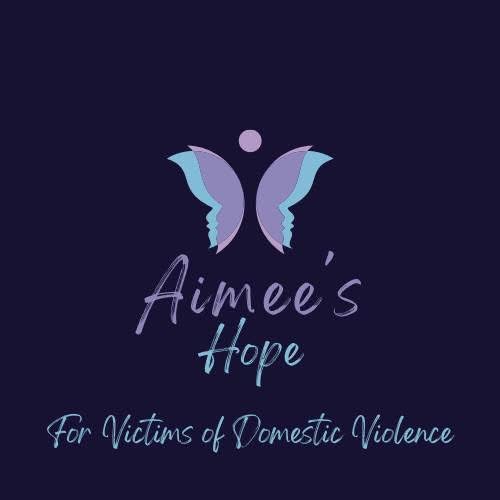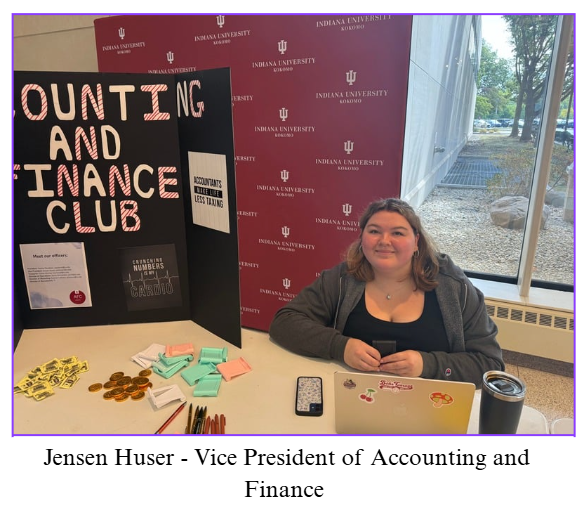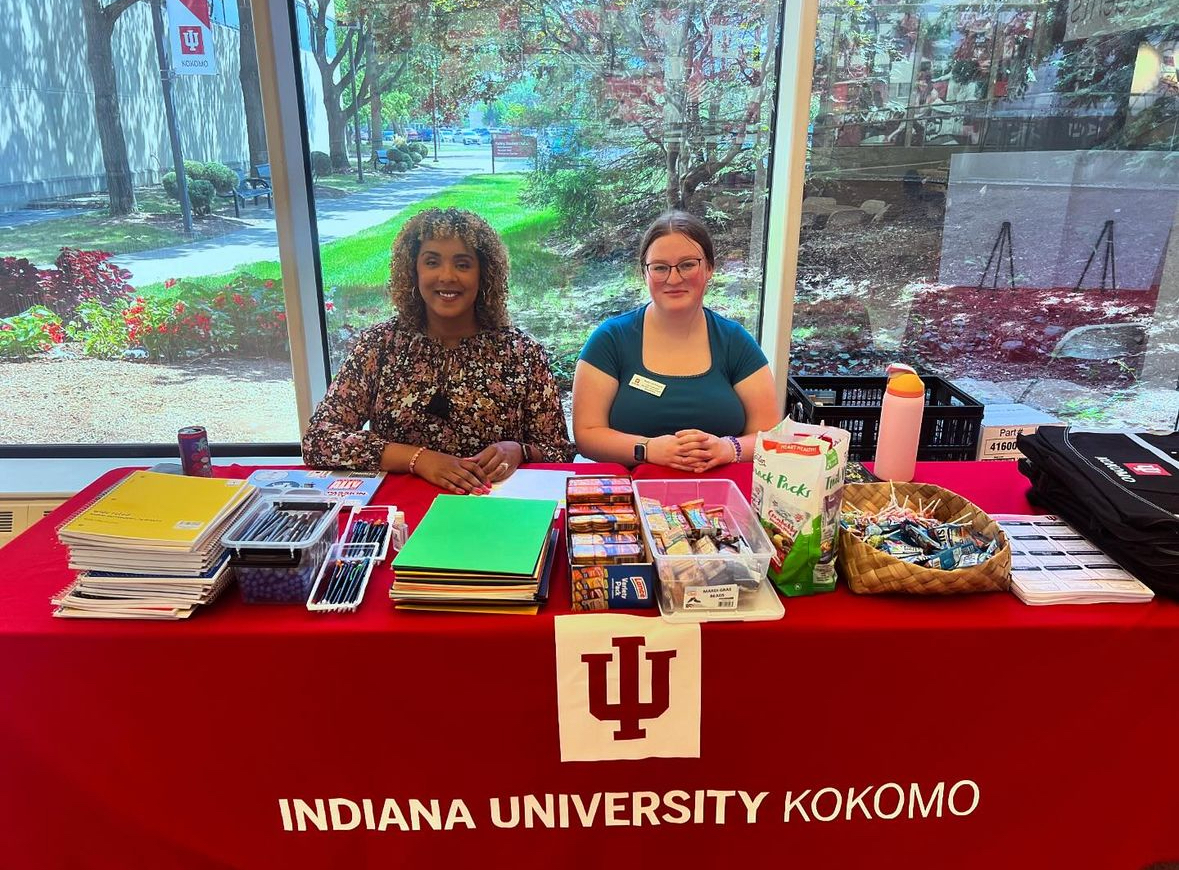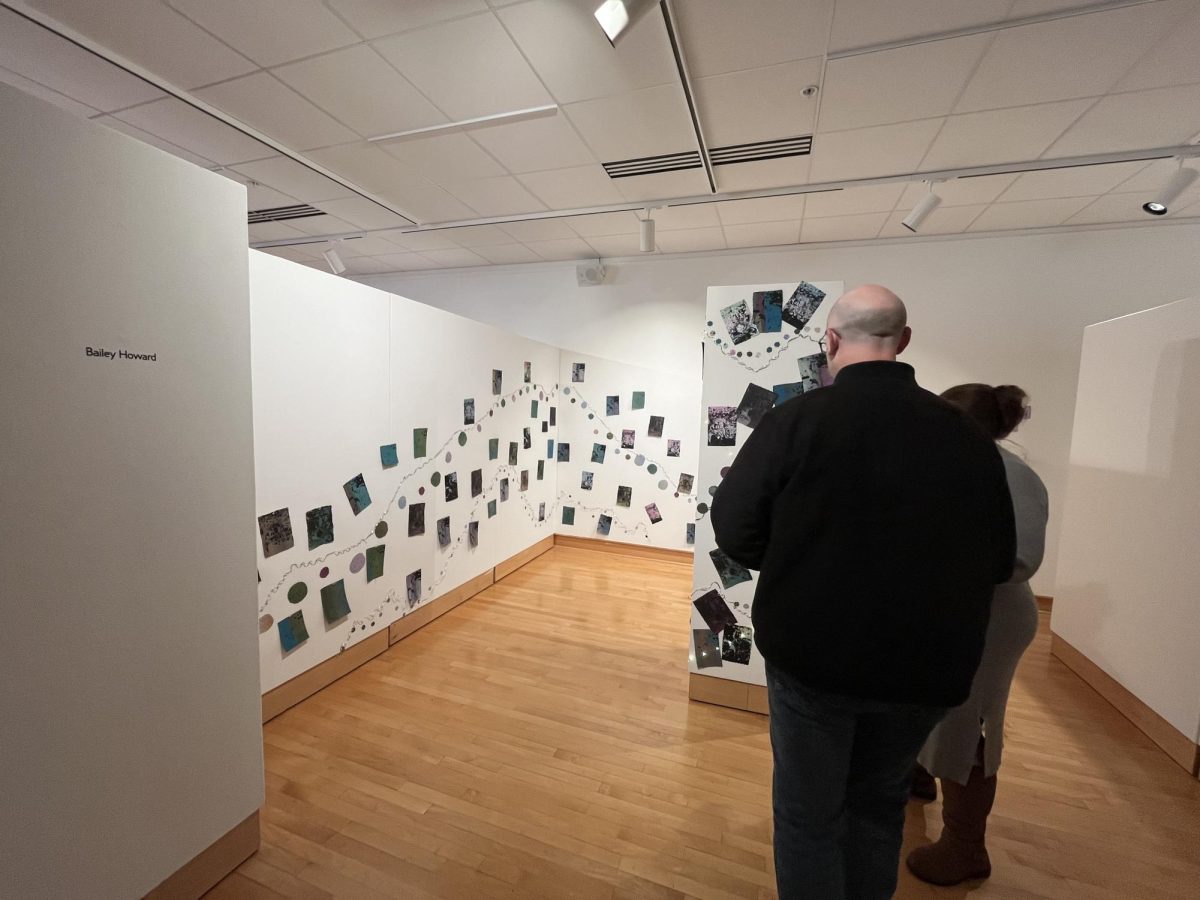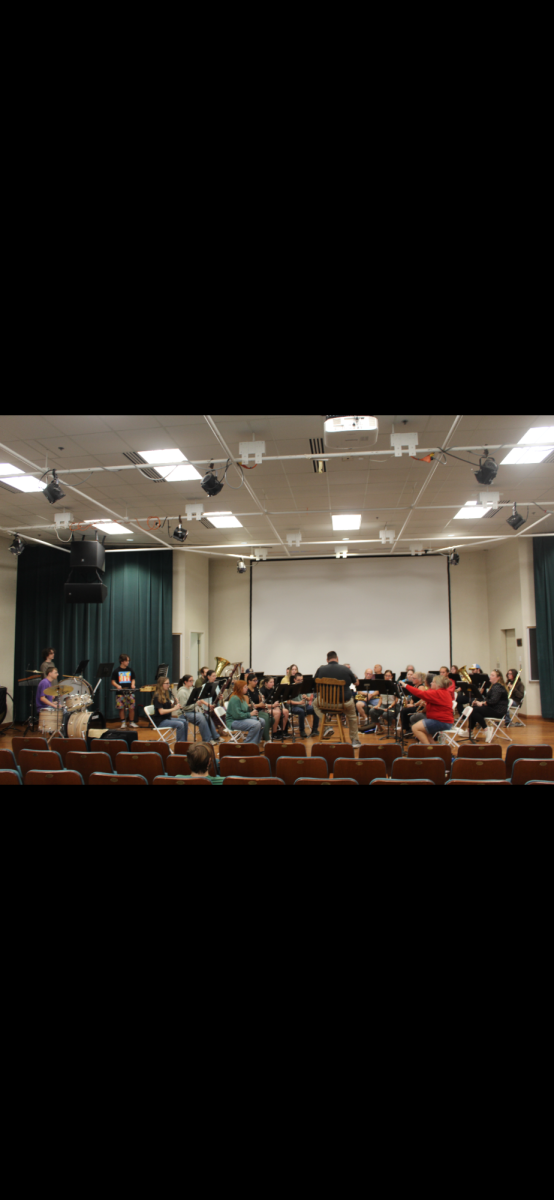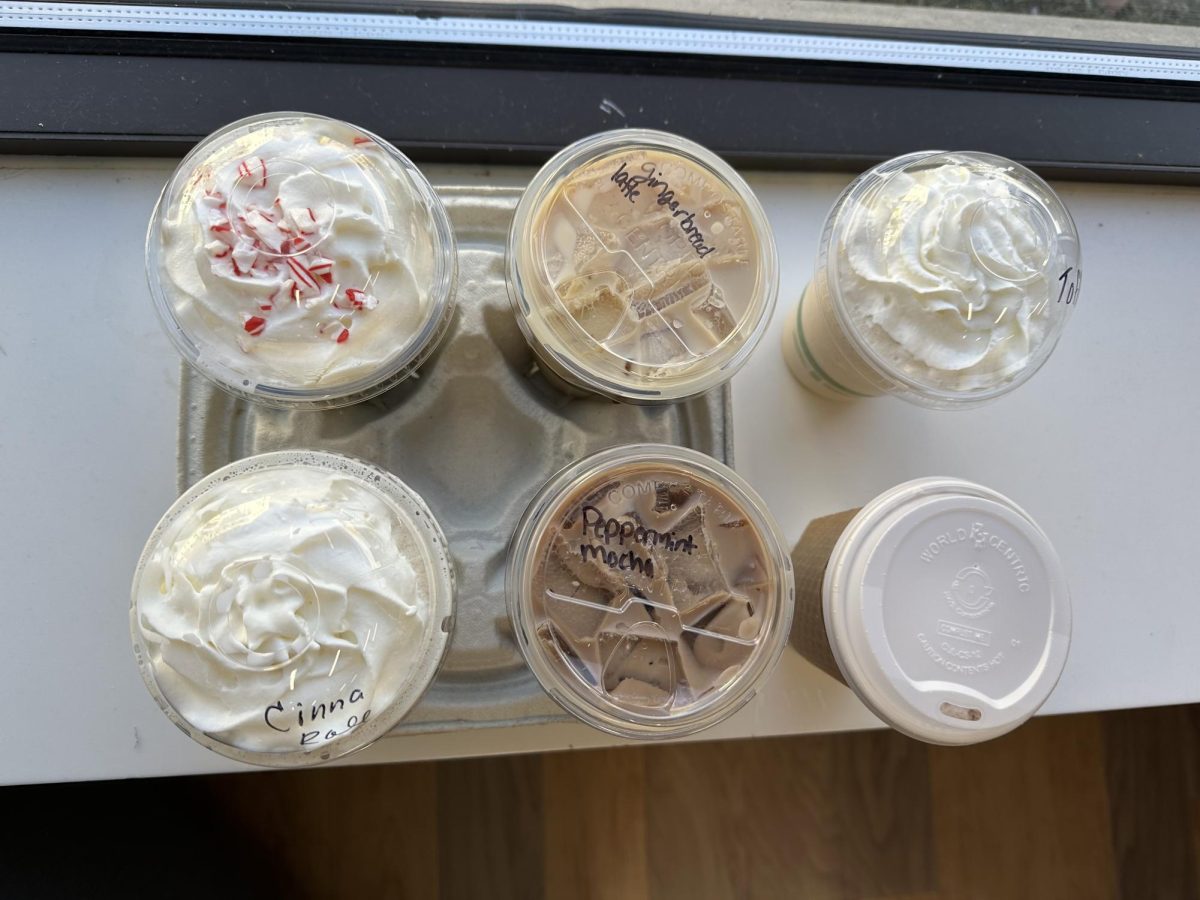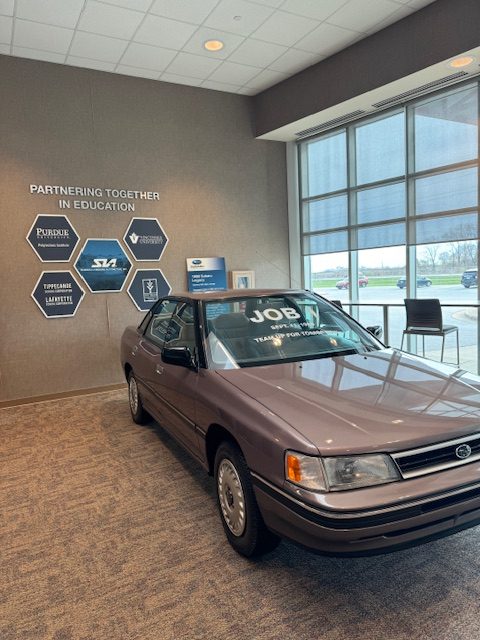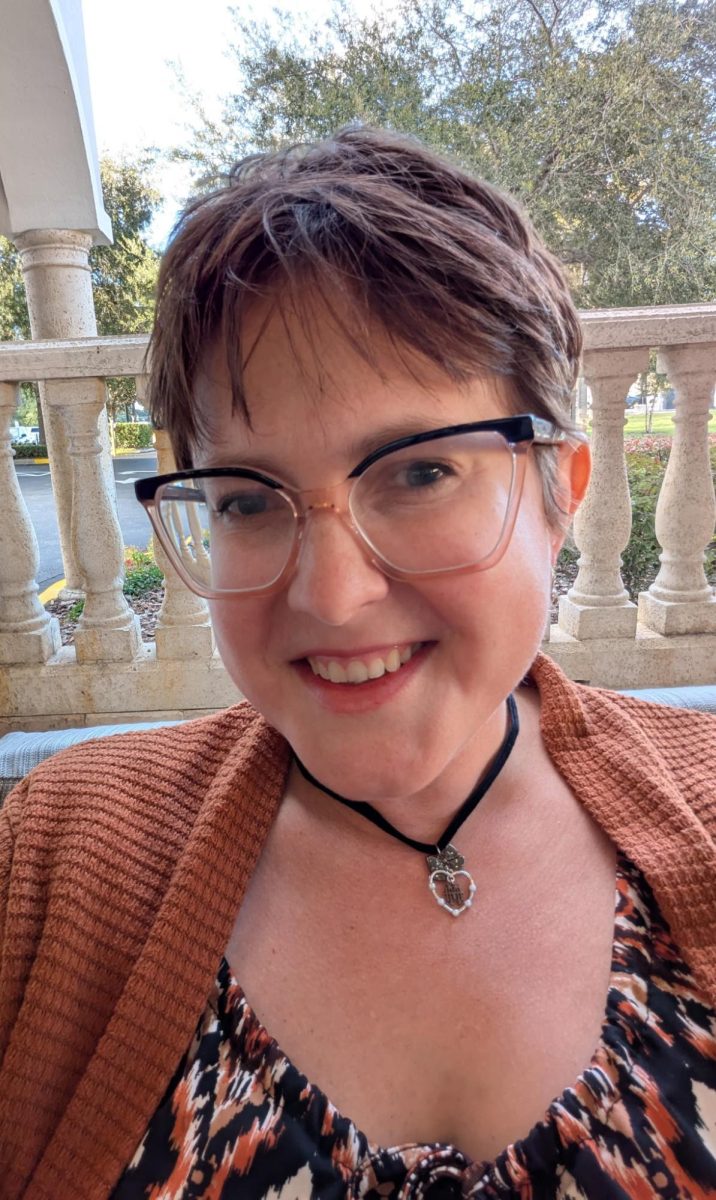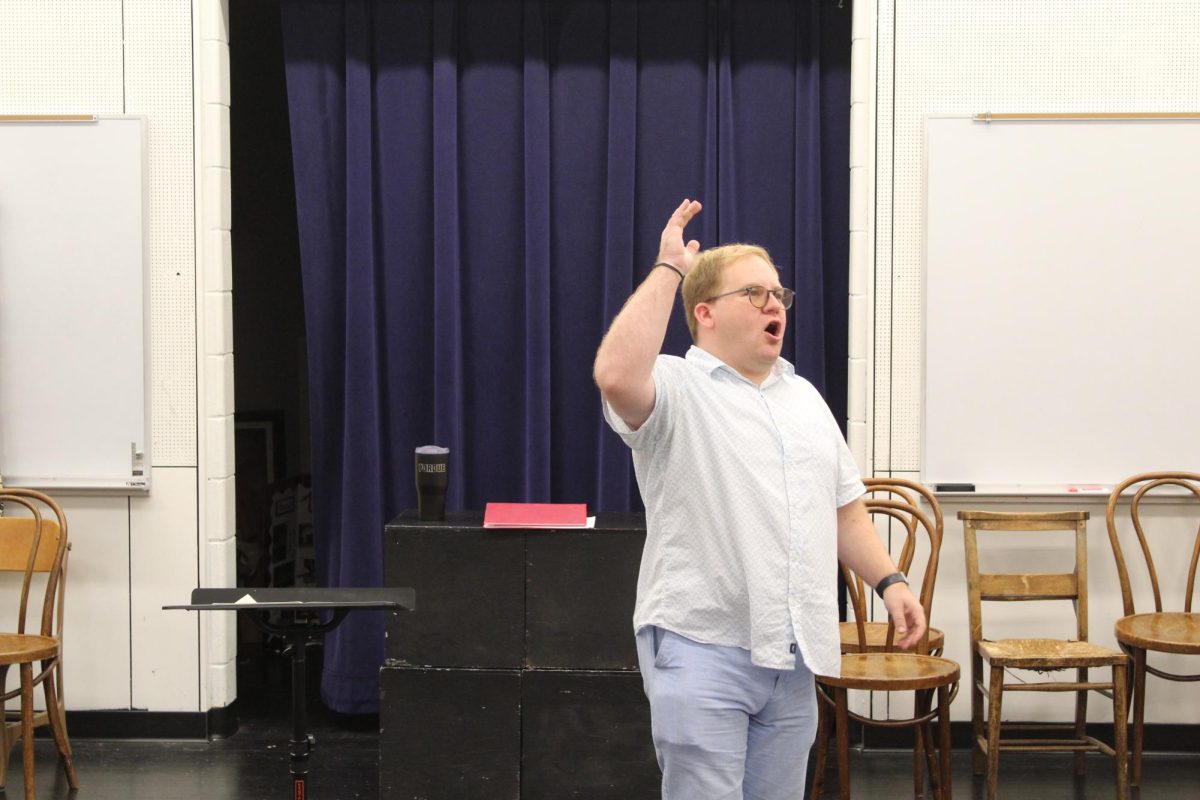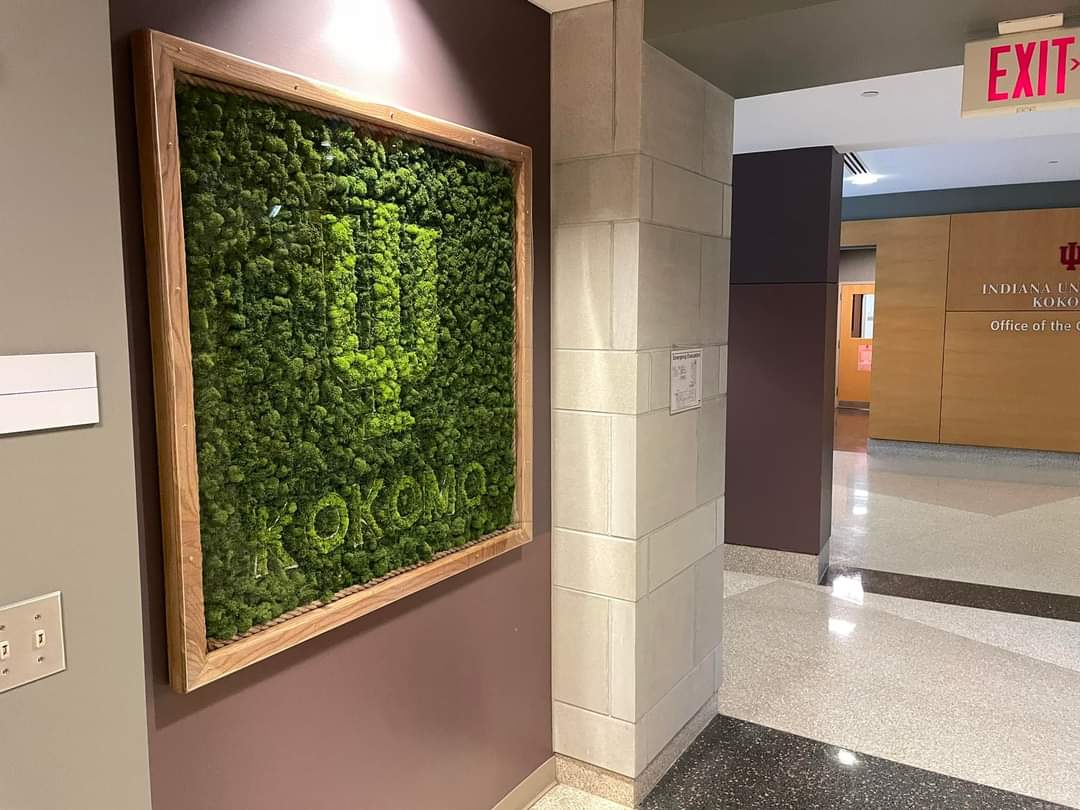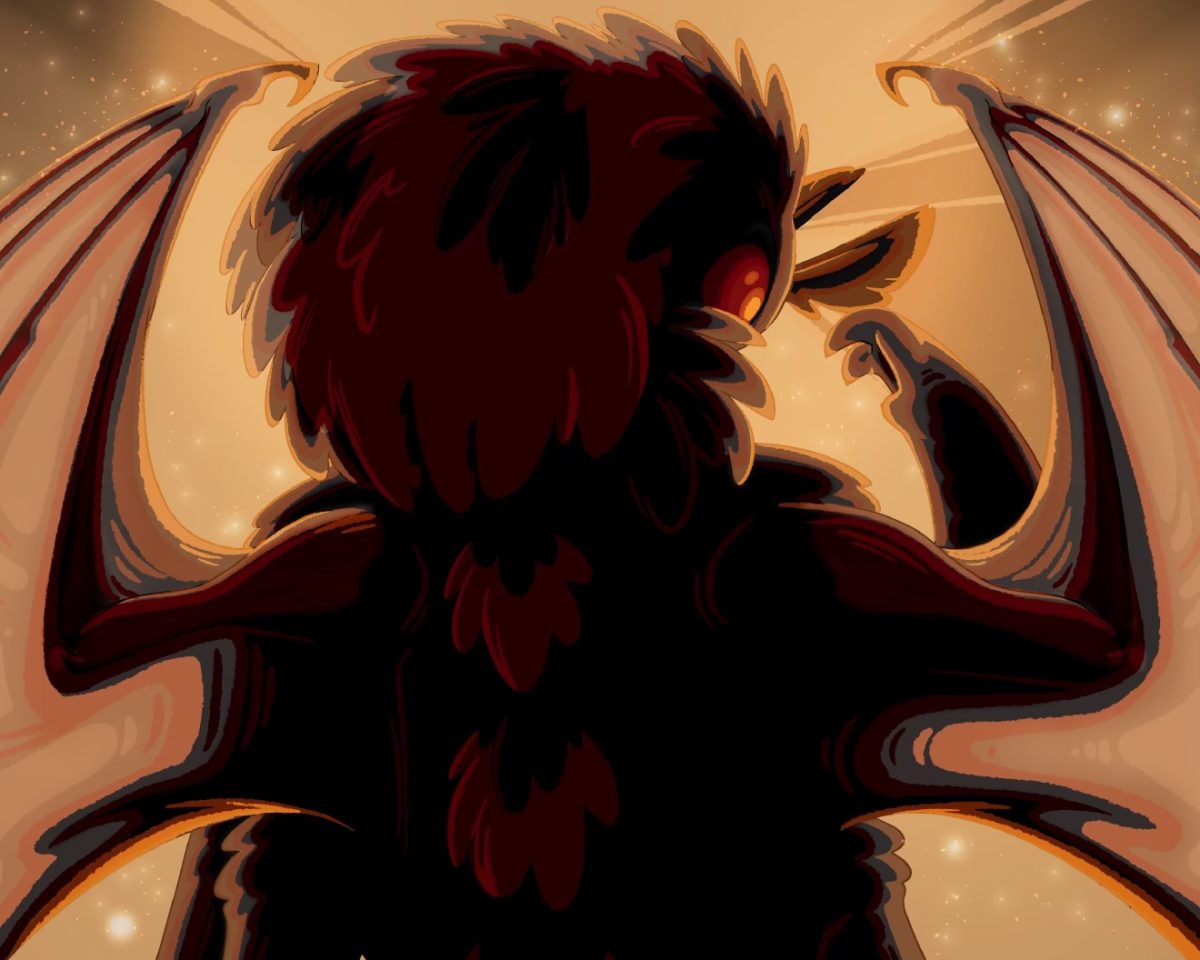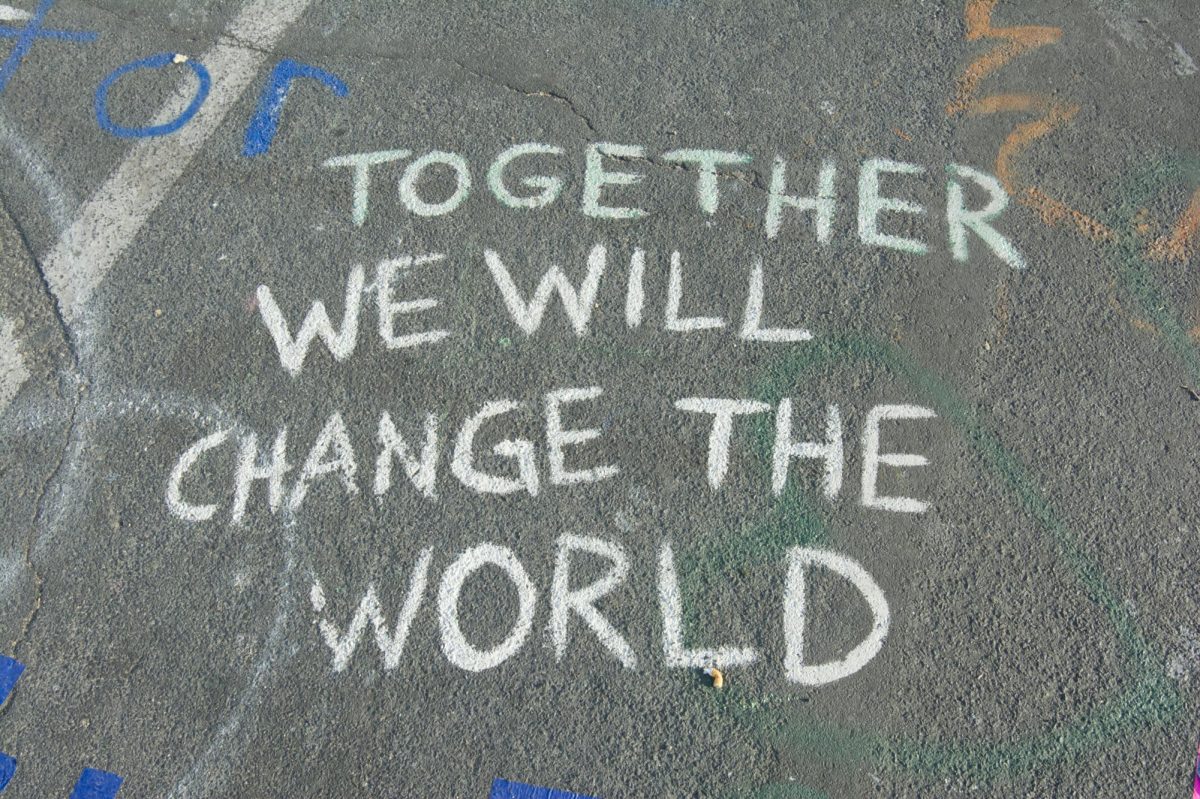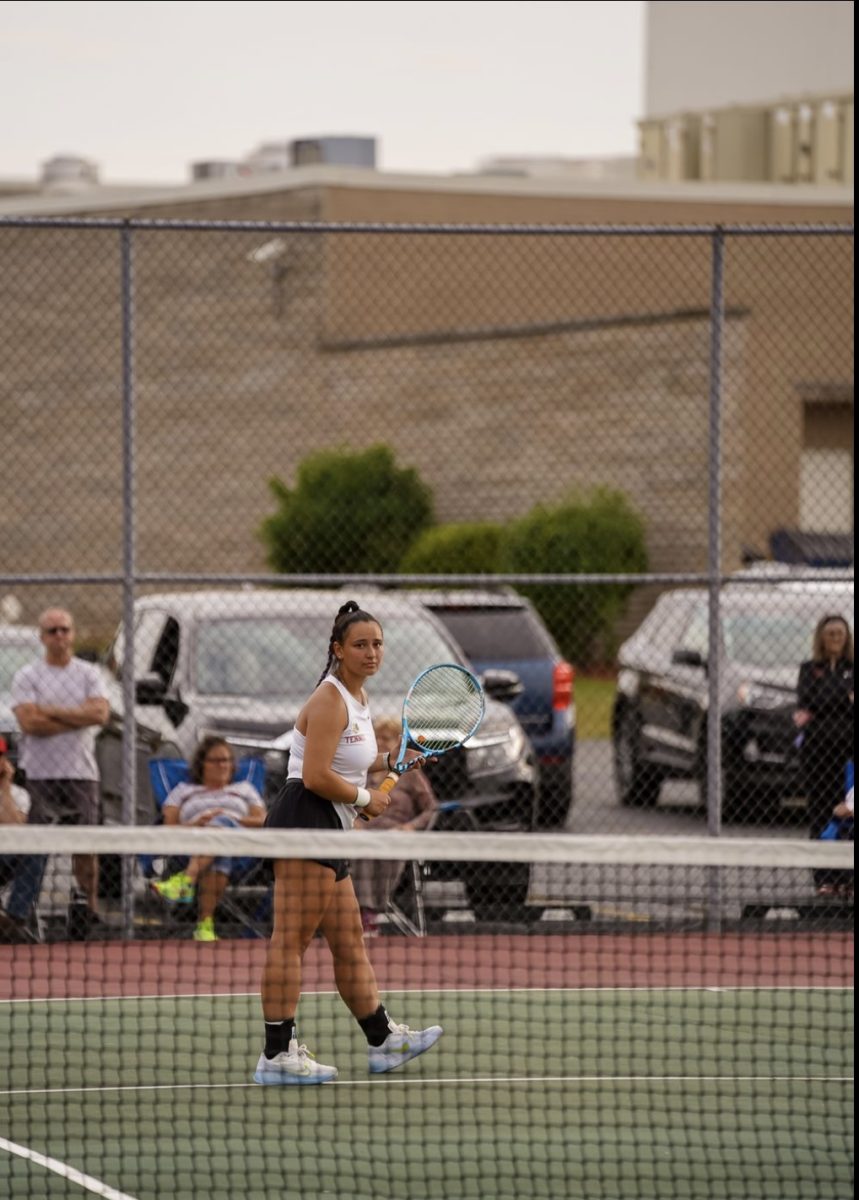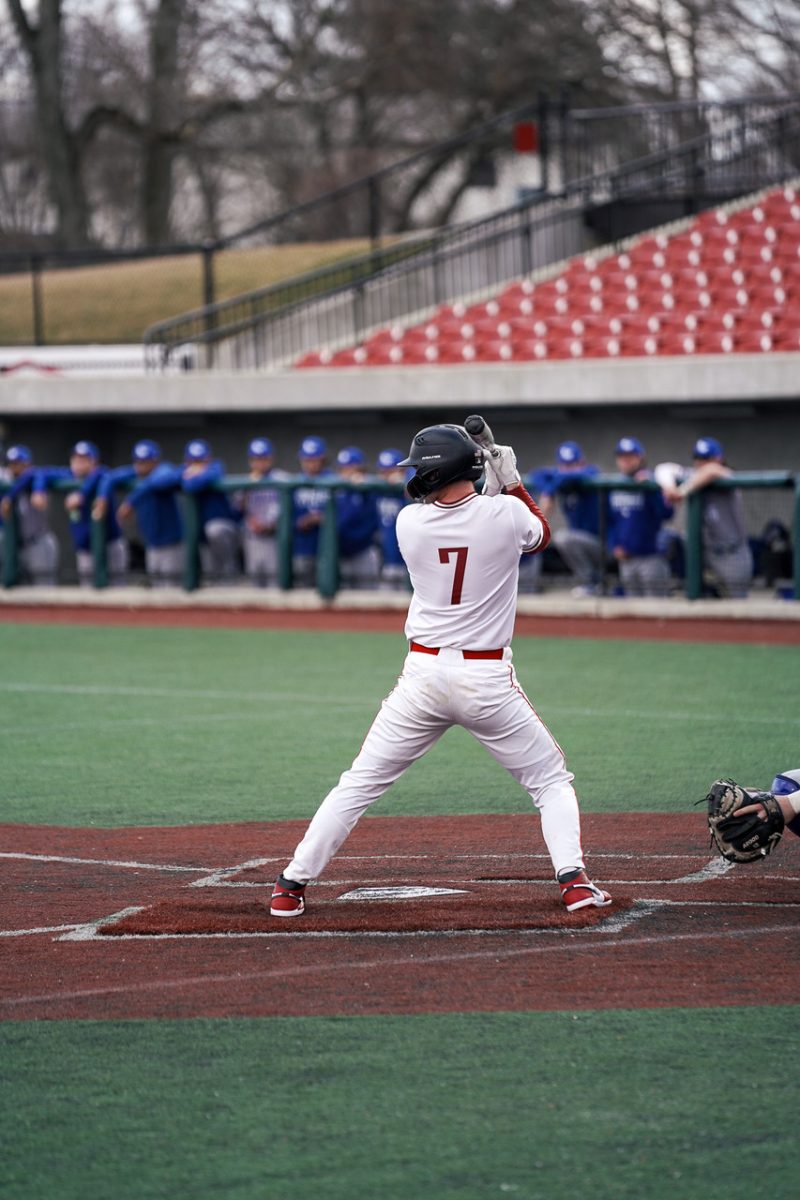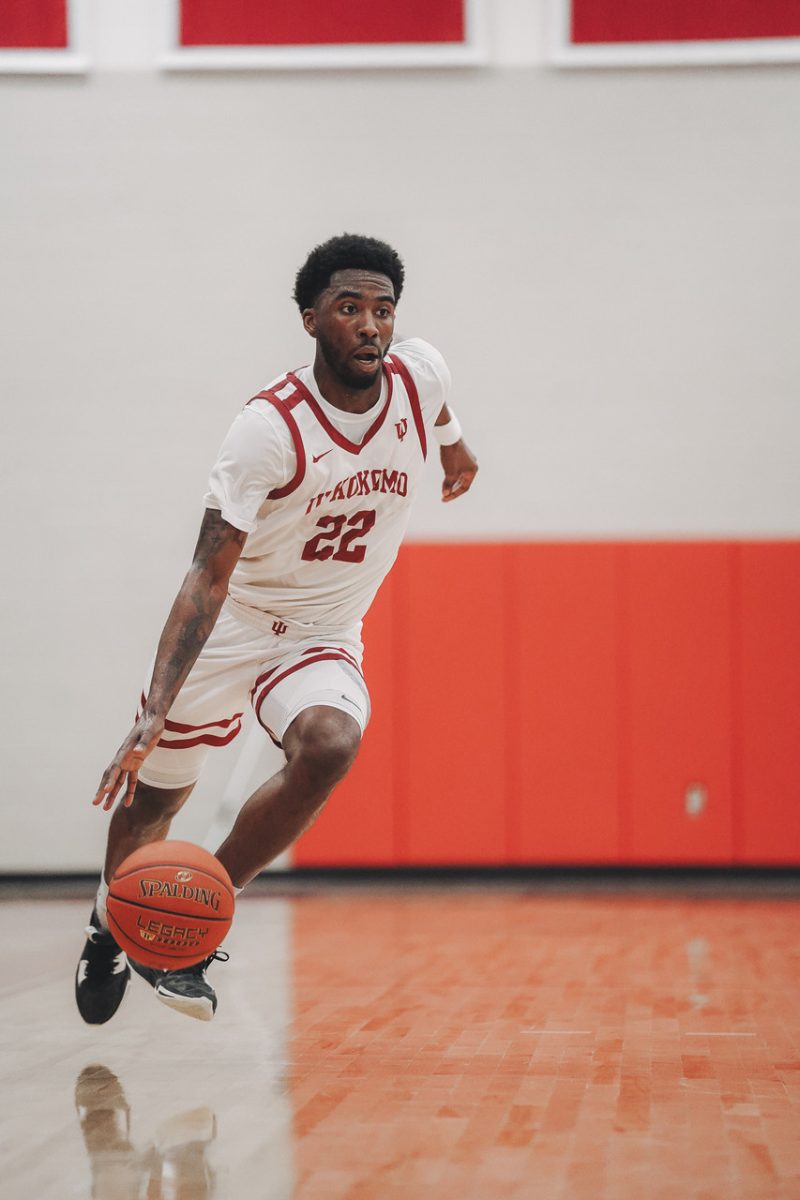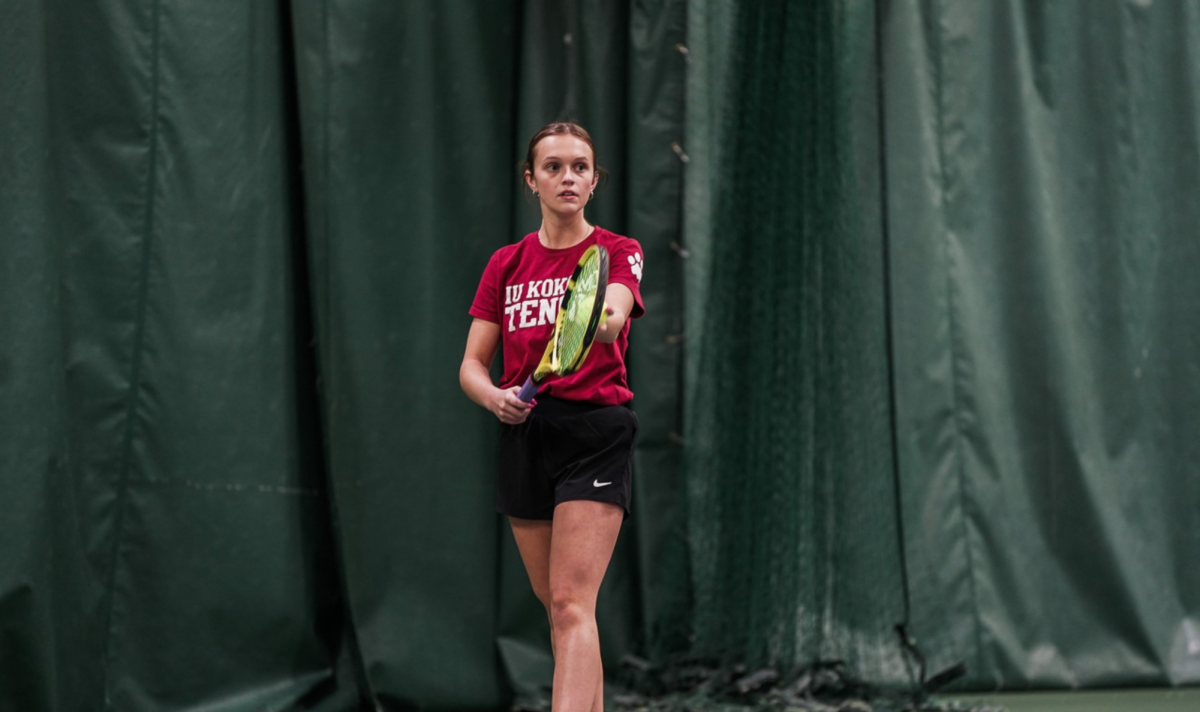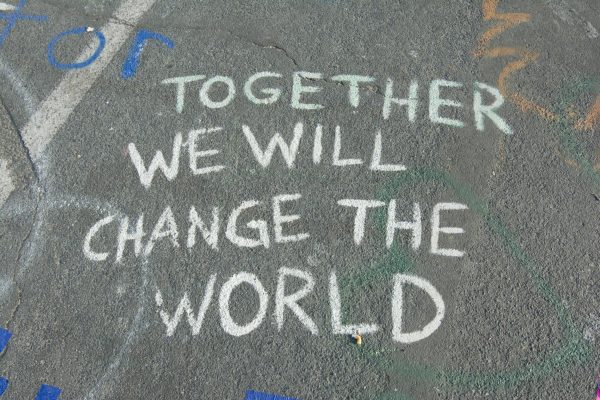
This article is through the opinion of the writer. In no way does it necessarily reflect the values or beliefs of Indiana University Kokomo, its faculty, its students, or others.
What can we do to change the world? It’s a question I ask myself every day—and one I know many students ask in silence. We may think we’re just one person, just one mind in a sea of disagreement. But that isn’t true. It’s through community, action, and working together that we can heal and address problems—from a simple school quarrel to the highest mountain tops of international politics. All it truly takes is one simple thing—Communication.
During my time at IU Kokomo, I’ve made it my mission to share interpretations of proposed laws—both in Indiana and nationally—that affect our rights as students, directly and indirectly. I aim to inform, because through information we can truly make a difference. I also want to spotlight our campus researchers—their ideas, projects, and their voices. And I refer to our fellow peers and students, not just faculty. They are often underrepresented, our fellow undergrads, and they deserve to also have their voices and ideas heard, as well as celebrated.
If you’re a student with something to say, or a researcher eager to share your work with the campus and community, reach out. I’d be happy to sit down and talk. And if you’re looking to get involved, explore the opportunities on campus—from Student Government, student paper, and many student-led activities, there is always something to learn or do to make your time at IU Kokomo greater.
As students, we don’t always believe we have the power to create change. Yet, I’m here to say this: if you think that, you’re wrong. We have resources, we have commitment, we have courage, and most importantly, we have each other. Throughout history, students have shaped legislation at the state and national levels and even influenced international responses to crises. Your voice, and your votes, matter, don’t ever forget that. So, as we enter the upcoming midterm elections in 2026, remember to go out and vote your conscience, for your needs, passions, and ideas deserve to be heard and addressed.
Spotlighting our student researchers I feel is important, for they are a hidden gem on our campus. So, to encourage others, I shall share what my research and personal project has been these past few months, Narrativism: A Framework for Legalized Aggression and Lawfare, and The League of Nations and the United Nations: Failure to Success.
Now for me, my research on Narrativism—or really my creation of it—is what I want to share today as I prepare it for submission to PI Sigma Alpha, the National Political Science Honors Society. Narrativism, in the context of Political Science and International Relations, centers on Legalized Aggression Narratives (LAN). For example: when the Russian Federation invaded Ukraine, it claimed to do it to protect ethnic Russians and their citizens—this falls under the trope I have labeled as Security and Protection. When it cited NATO’s expansion, it invoked Sovereignty Framing. These are two of six rhetorical tropes I’ve identified for LAN. Others include Historical Justification, Institutional Deflection, Legal Legitimation, and Rights Suppression. Know that Russia isn’t the only one, all states and institutions use these narratives. From local to international governance, it’s how the narrative is used that matters. Is it truly meant to protect, or is it used to justify or obscure aggression and suppression? I’ll let you decide.
So, I leave you with this: What can you do today to make the world a better place? When you figure it out, try and do it. A little bit of goodness goes a long way—especially when enough of us choose to act.

